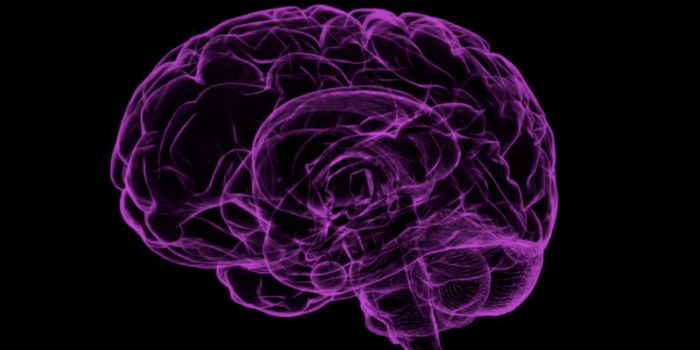Poor Eyesight Skews Cognitive Test Results

Visual impairments are often overlooked in research and clinical settings. As many cognitive tests are visually-based, eyesight deficiencies may affect test scores. This is an important caveat, especially considering that around 200 million people worldwide over the age of 50 are visually impaired.
In the present study, researchers investigated the negative consequences of visual impairments on cognitive test performance. To do so, they simulated moderate-severe age-related macular degeneration with a set of goggles. They then asked 24 normally-sighted individuals to complete two cognitive tasks- a vision-dependent reaction time task and a vision-independent verbal fluency test- with the goggles and without.
They found that wearing the goggles decreased reaction time in the vision-based task by as many as 25 percentile ranks. Meanwhile, performance on the verbal fluency test remained similar in both simulated and normal vision conditions.
This, say the researchers, indicates that if eyesight is not accounted for, visually-based cognitive assessments may inaccurately indicate poor cognition. This may, in turn, have consequences for both diagnoses and research into cognitive functioning.
Adopting ways to counteract the effects of poor eyesight in cognitive tests is thus crucial for patient health and research. This comes especially as the researchers estimate that reduced vision is underestimated in up to 50% of older adults and that this is likely to increase as the population ages.
"Mobile apps can now be used to overlay simulated visual impairments onto test materials when piloting their stimuli," said Anne Macnamara, a Ph.D. student at the University of South Australia, who led the study.
"Also, researchers can incorporate quick and simple screening tasks before getting people to do cognitive tests. Verbal tasks should always be part of the assessment, too,” she added.
Sources: Science Daily, Nature








